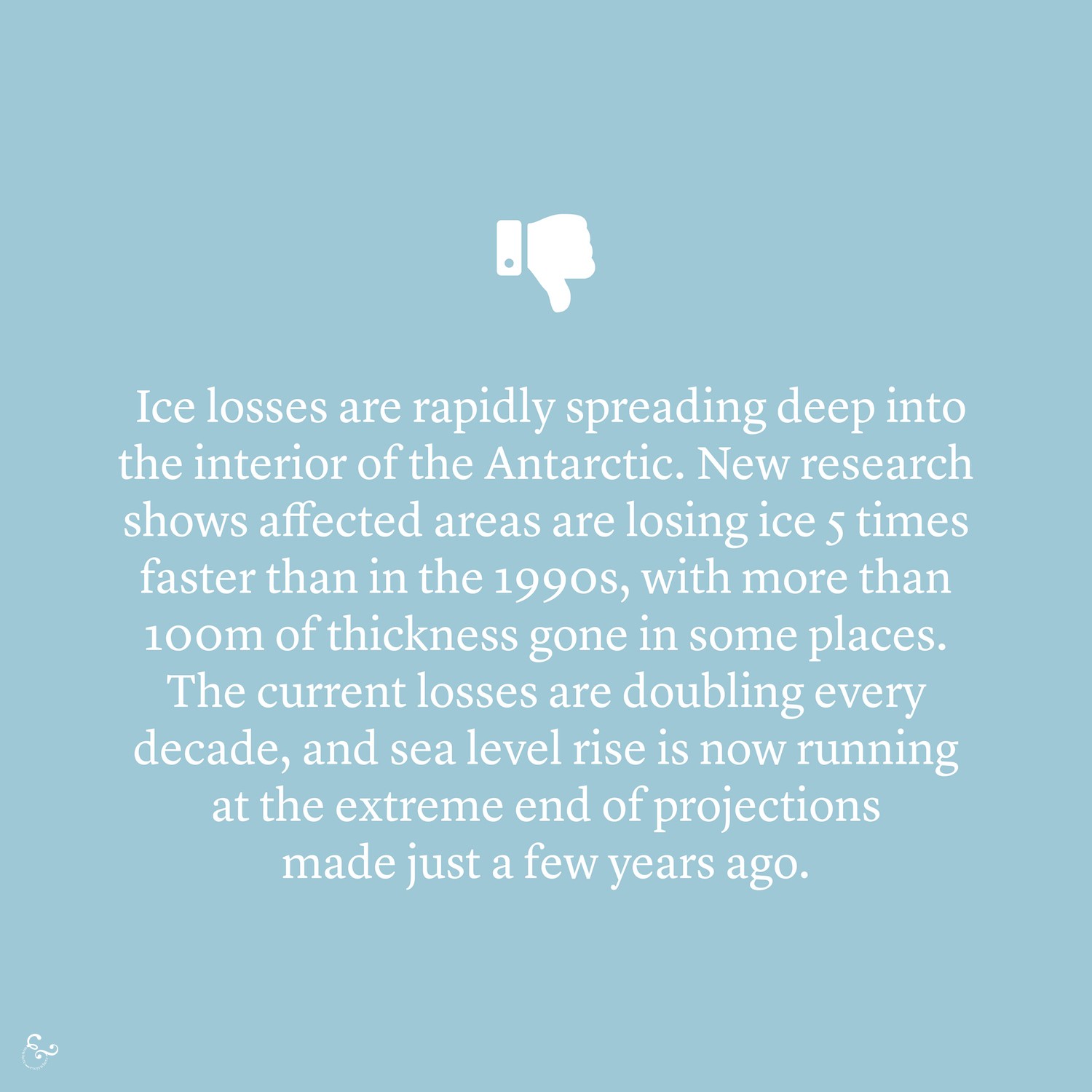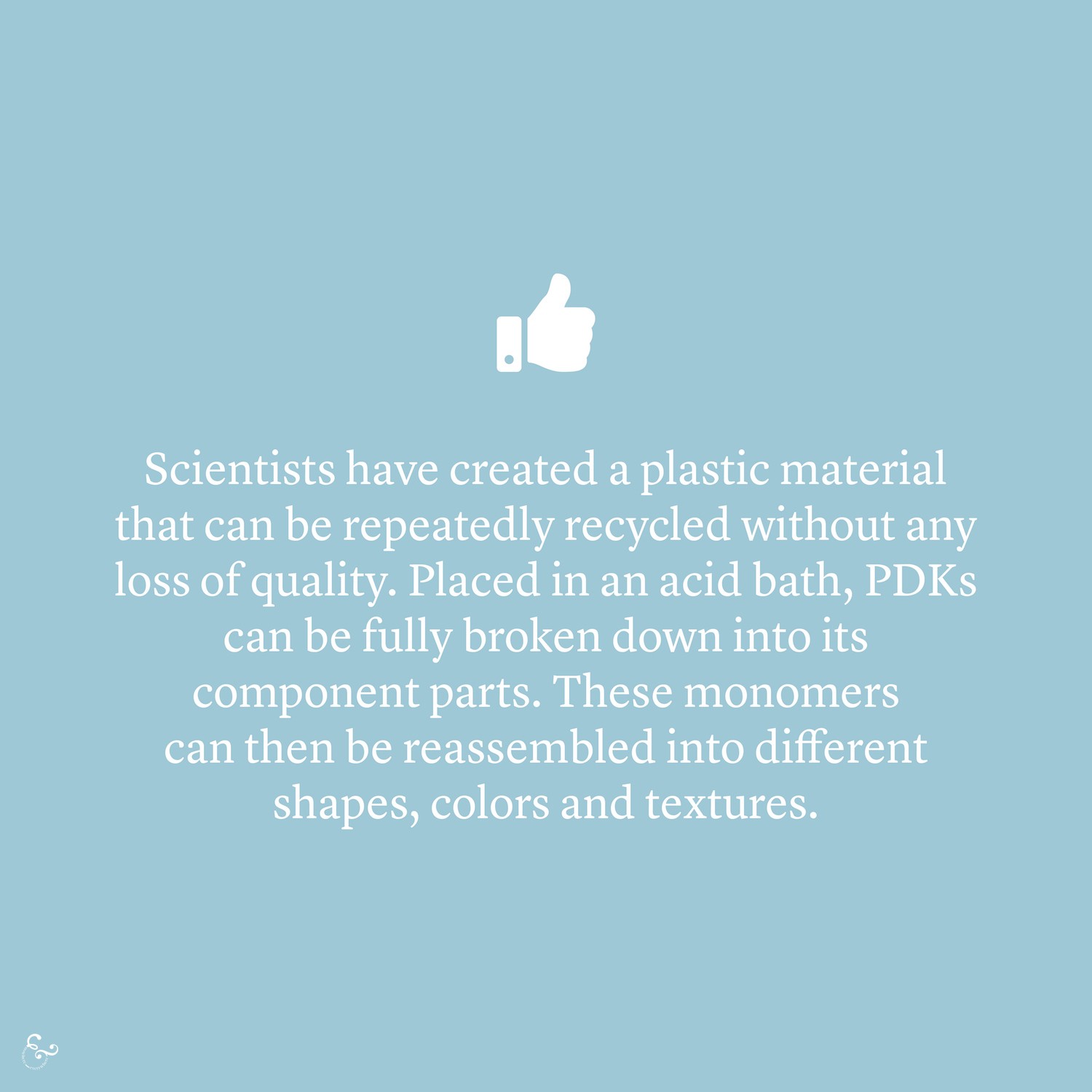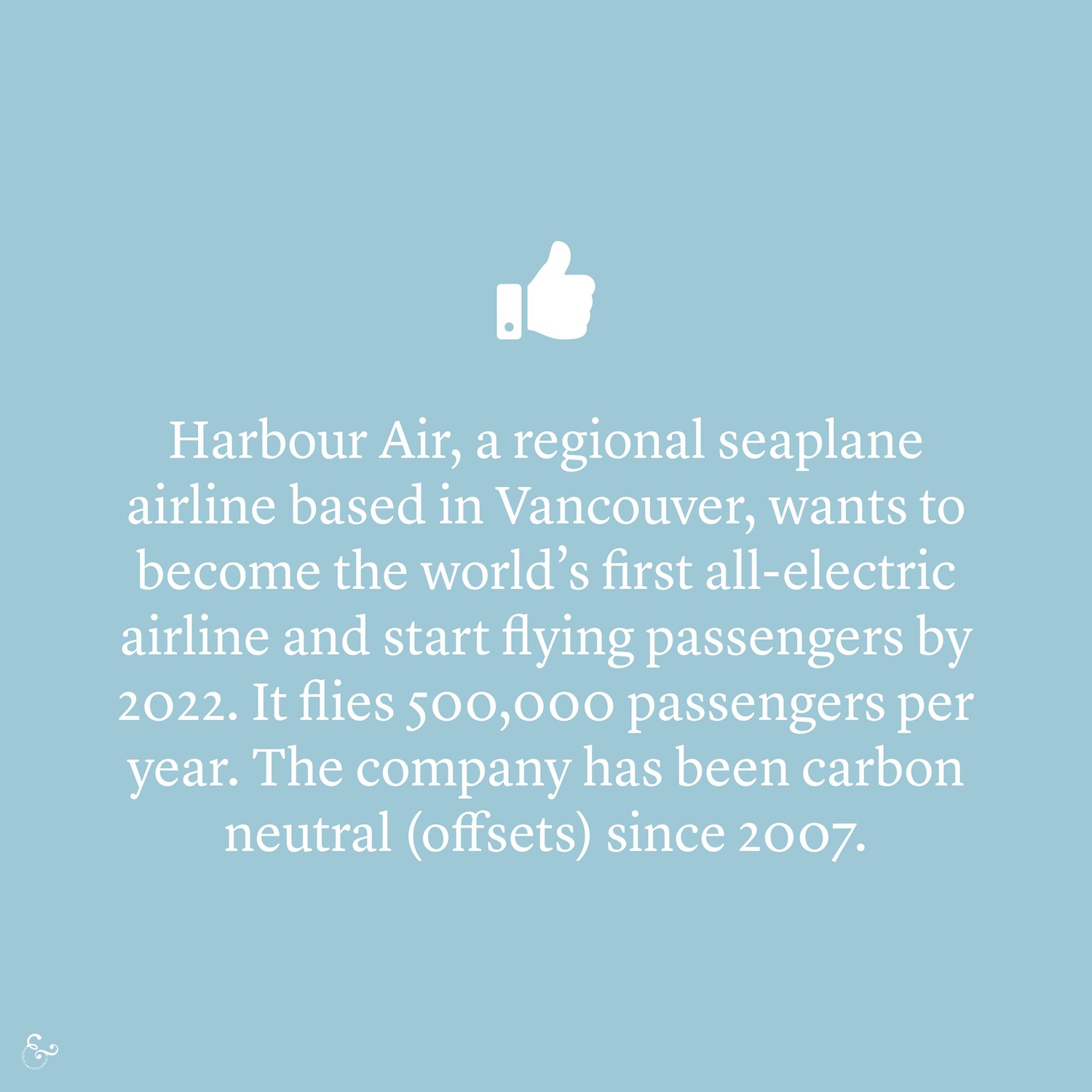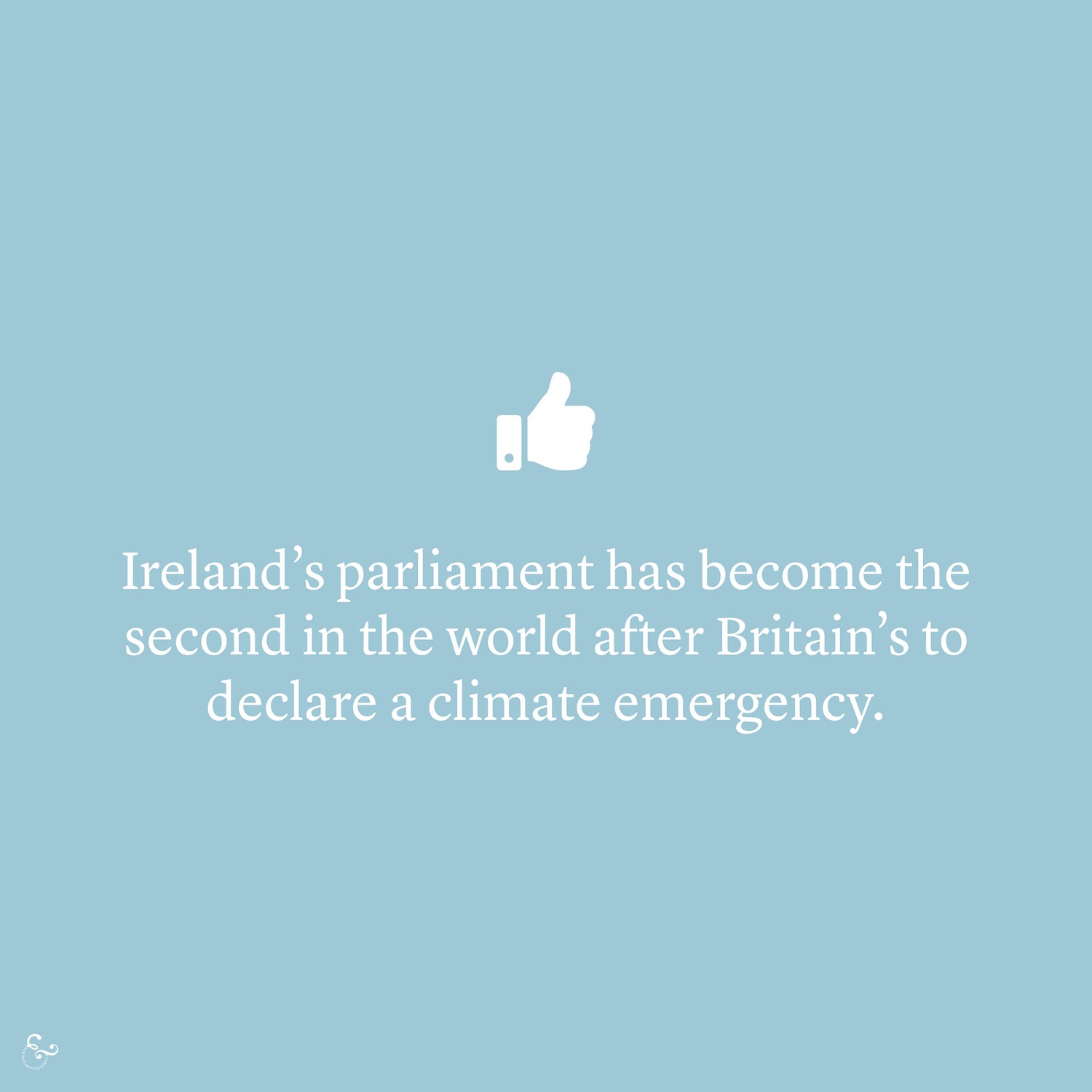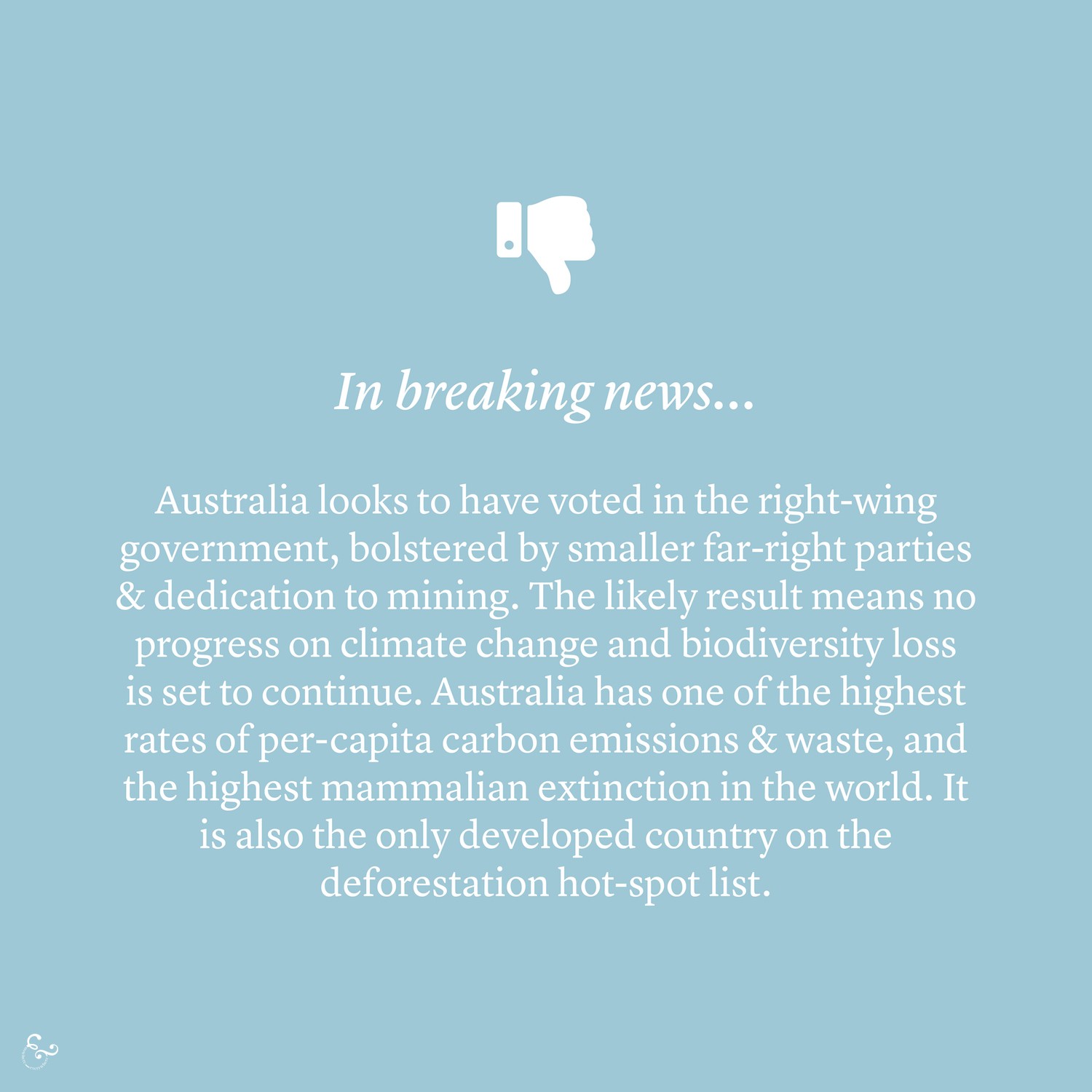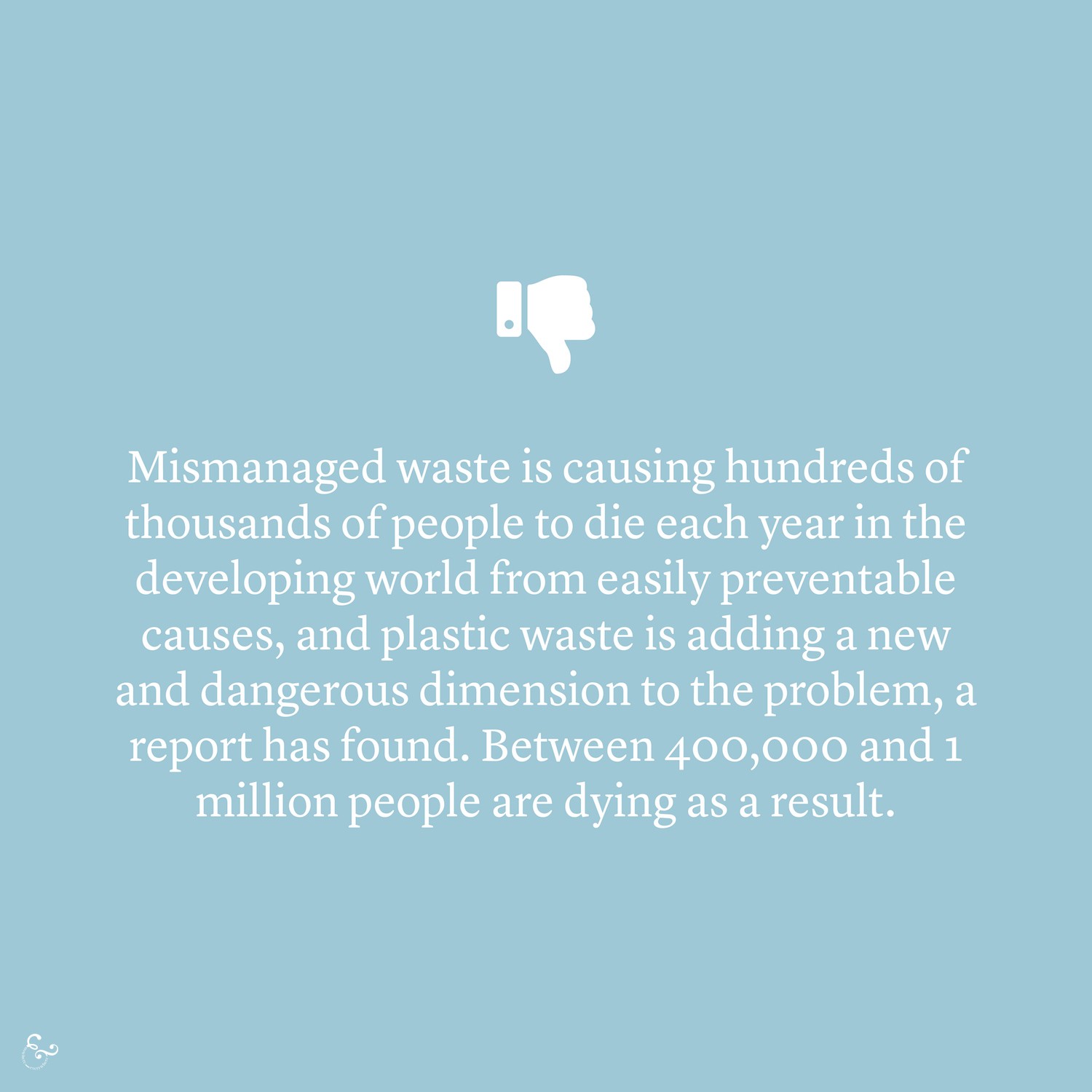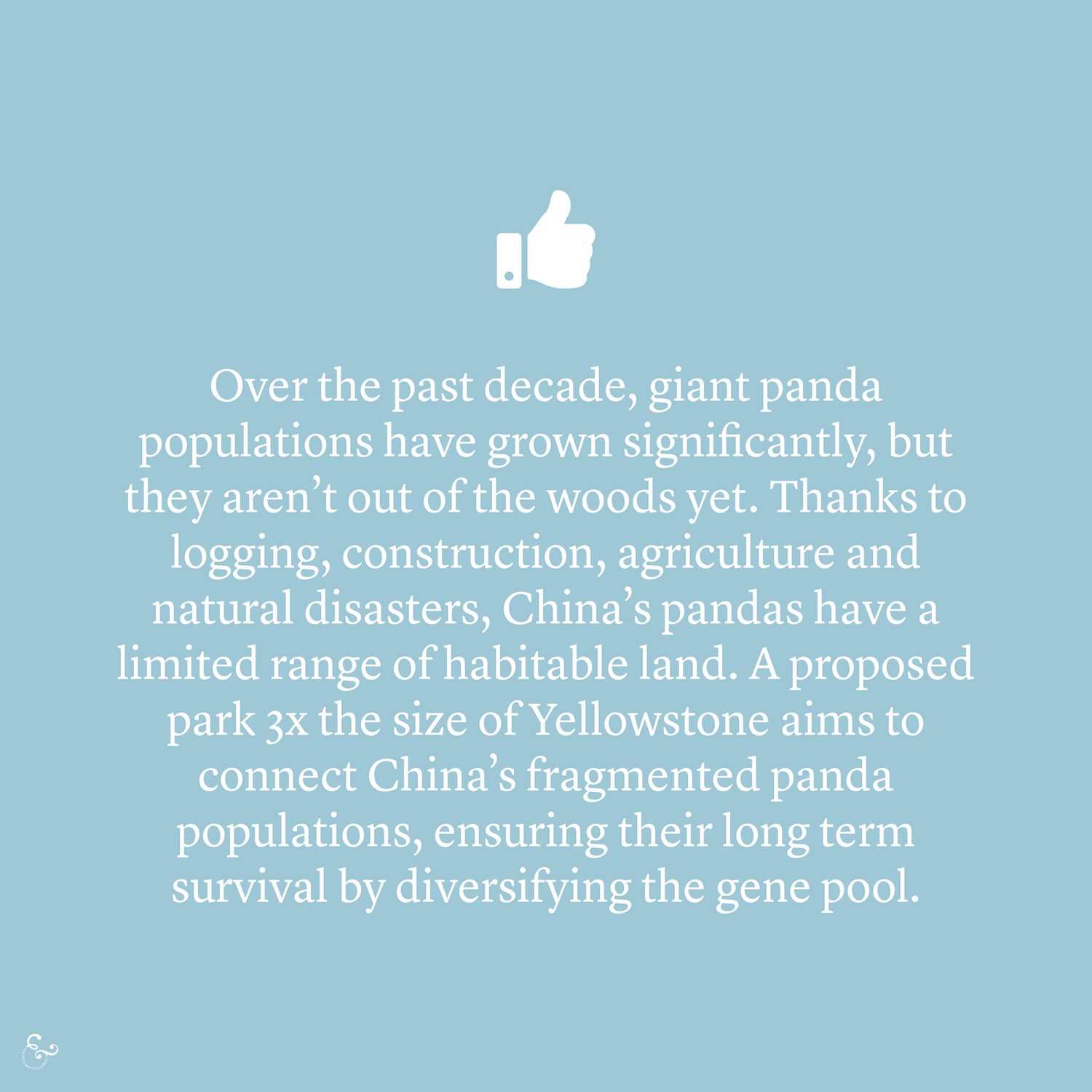World / Climate Change
1/ New research shows affected areas are losing ice five times faster than in the 1990s, with more than 100m of thickness gone in some places. Ice losses are rapidly spreading deep into the interior of the Antarctic, new analysis of satellite data shows. The West Antarctic ice sheet was stable in 1992 but up to a quarter of its expanse is now thinning. A complete loss of the West Antarctic ice sheet would drive global sea levels up by about five metres, drowning coastal cities around the world. The current losses are doubling every decade, the scientists said, and sea level rise are now running at the extreme end of projections made just a few years ago. In the recent past, snow falling on to Antarctica’s glaciers balanced the ice lost as icebergs calved off into the ocean but now the glaciers are flowing faster than snow can replenish them. (The Guardian)
New Zealand / Climate Change
2/ Warming ocean temperatures have been blamed for luring tropical fish thousands of kilometres into New Zealand waters, threatening vulnerable native species as they compete for resources. The increasing prevalence of vagrant species is not limited to fish. Cetacean biologist Dr Krista Hupman, from the National Centre of Atmospheric and Climate research said leopard seals – originally from Antartica – were now so common in New Zealand waters they should be reclassified as “resident”. (The Guardian)
World / Plastics
3/ An American explorer has found plastic waste on the seafloor while breaking the record for the deepest ever dive. He found sea creatures, but also found a plastic bag and sweet wrappers. (BBC)
World / Plastics
4/ Mismanaged waste is causing hundreds of thousands of people to die each year in the developing world from easily preventable causes, and plastic waste is adding a new and dangerous dimension to the problem, a report has found. Municipal waste frequently goes uncollected in poorer countries and its buildup fuels the spread of disease. Between 400,000 and 1 million people are dying as a result of such mismanaged waste. While mismanaged waste has been a problem for decades, the growth of plastic pollution, which does not break down in the environment, is adding a fresh set of problems to an already dire situation. Plastic waste is blocking waterways and causing flooding, which in turn spreads waterborne diseases. When people burn the waste to get rid of it, it releases harmful toxins and causes air pollution. (The Guardian)
UK / Plastics
5/ Britain’s growing “lunch on the go” habit is generating nearly 11bn items of packaging waste a year, much of which is not recycled, a survey has found. Workers are buying takeaway and fast food lunches more than they did five years ago. (The Guardian)
India / Environment
6/ In sprawling India, where just 5% of the land has been set aside to protect natural habitats, the plight of “green refugees” has erupted into a national scandal. A supreme court lawsuit brought by a coalition of conservation groups threatens to evict as many as seven million Adivasi from their ancestral lands. Public outcry has forced a review of the case. But the controversy is only the latest salvo in an ongoing battle over how to balance human and wildlife needs in India’s increasingly fragmented 177 million acres of forests, most of which lie inside Adivasi areas. The Adivasi occupy the lowest rungs of the social ladder in India, alongside the Dalits, or so-called “untouchables.” They are largely invisible to India’s majority population. And roughly 10 million have been displaced from their forests and other traditional lands by development projects: dams, mines, industrial agricultural schemes—and conservation areas. (National Geographic)
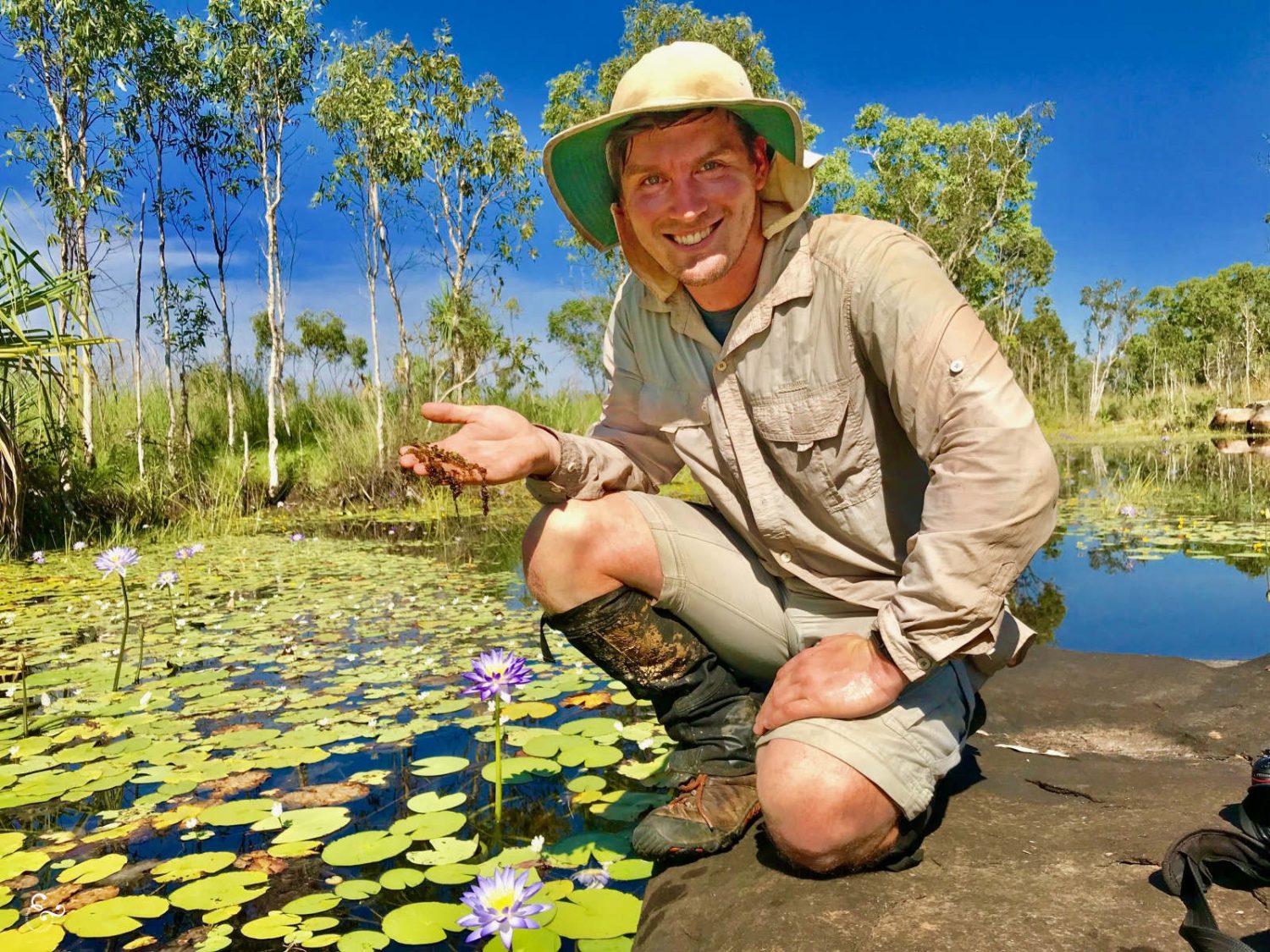
Our very own consultant Dr. Adam Cross has just discovered a population of thousands of extremely rare carnivorous plants in the Kimberley. Once widespread around the world, Aldrovanda vesiculosa is currently located in less than 20 known locations worldwide and is considered a critically endangered species. The decline is attributed to habitat loss and changes to water quality, which has prompted the flytrap to become extinct in 30 different countries. (WA Today)
The good news…
World / Plastics
7/ The “holy grail” of plastic – a material that can be repeatedly recycled without any loss of quality – has been created by scientists. Placed in an acid bath, PDKs can be fully broken down into its component parts. These monomers can then be reassembled into different shapes, colors and textures, according to the scientists at California’s Lawrence Berkeley National Laboratory who created it. Their next plan is to develop PDK plastics with a range of properties used for different purposes, including textiles, 3D printing and foams. (Independent)
Amazon / Deforestation
8/ A new report by more than 20 NGOs — including FERN, Forest Peoples Programme, the Institute for Agriculture and Trade Policy, and Amazon Watch — is calling on the EU to include provisions in trade agreements now under negotiation, such as the EU/MERCOSOR agreement, that would fully protect forests and Indigenous rights. The EU is Brazil’s second largest trading partner, but currently lacks any binding trade regulations on agricultural goods linked to eliminating deforestation, reducing environmental degradation, and protecting against human rights violations. (Mongabay)
Ireland / Climate Change
9/ Ireland’s parliament has become the second after Britain’s to declare a climate emergency. Britain’s parliament became the first in the world to declare a climate emergency, passing the largely symbolic motion on 1 May. (The Guardian)
UK / Climate Change
10/ Scientists in Cambridge plan to set up a research centre to develop new ways to repair the Earth’s climate. It will investigate radical approaches such as refreezing the Earth’s poles and removing CO2 from the atmosphere. The centre is being created because of fears that current approaches will not on their own stop dangerous and irreversible damage to the planet.
China / Animals
11/ Over the past decade or so, giant panda populations have grown significantly, but the iconic creatures aren’t out of the woods just yet. Thanks to logging, construction, agriculture and natural disasters, China’s pandas have a limited range of habitable land. A proposed park measuring three times the size of Yellowstone aims to connect China’s fragmented panda populations, uniting nearly 70 extant nature reserves and protected areas in one 10,476-square mile umbrella space. The Giant Panda National Park’s principal purpose will be ensuring the species’ long-term survival by diversifying the gene pool. (Smithsonian)
USA / Climate Change
12/ Harbour Air, a regional seaplane airline based in Vancouver, wants to become the world’s first all-electric airline and start flying passengers by 2022. In the US, transportation is now the largest source of greenhouse gas emissions, and aircraft account for 12% of transportation emissions. Harbour Air flies a fleet of more than 40 propeller-driven seaplanes that take off and land on water. It flies 500,000 passengers per year to 12 destinations in the Pacific Northwest. Electrification is also on-brand for Harbour Air. The company has been carbon neutral since 2007. (Vox)
Other notables…
- Hedgehogs are under threat due to a loss of habitat and food in Europe. The main drivers of the decline appear to be linked to the agricultural industry. Large-scale farming has deprived hedgehogs of their natural habitat as farmers remove copses of hedges and trees in order to make way for ever-larger crops. Another problem is that of increasing pesticide use, which kills off the hedgehog’s natural diet of insects and invertebrates such as worms and slugs. It is estimated that the number of hedgehogs in the UK has dropped from 30 million in the 1950s to about 1 million in 2019. More alarming still are estimates that the population has plummeted by half since the year 2000. Hedgehogs have also been put on an alert list for endangered mammals in Bavaria. Hedgehogs are one of the world’s oldest surviving mammals. (DW)
- Larch trees in the permafrost forests of northeastern China–the northernmost tree species on Earth – are growing faster as a result of climate change, according to new research. The findings also show the oldest trees have had the biggest growth spurts. (American Geophysical Union)
- Twenty institutional investors from 11 countries convened by the UN Environment Finance Initiative (UNEP FI) today launched comprehensive investor guidance to help assess how climate change and climate action could impact investor portfolios around the world. These assessments enable investors to be more transparent about their climate-related risks and opportunities in line with the recommendations from the Financial Stability Board’s Task Force on Climate-related Financial Disclosures. (UN)
- UN agency meets to tackle pollution and emissions by ships. Shipping accounts for at least 3% of global greenhouse gas emissions, which may not sound a lot but is greater than the UK’s total: if shipping were a country, it would be the sixth biggest in terms of emissions share. And it is growing fast – shipping could produce 17% of global emissions by 2050, if left unchecked. About 90% of the world’s trade is carried by sea. (The Guardian)
- Germany’s new eHighway can charge hybrid trucks as they drive. According to Siemens, a 40-ton truck can save 15,000 euros (about $16,800) on a 100,000-kilometer (62,137-mile) drive. Additionally, the eHighway system is twice as efficient as a typical truck’s internal combustion engine. (Green Matters)
- Canberra will be effectively powered by renewable energy from October 1 — the first Australian jurisdiction to do so. The ACT will be “effectively” powered by 100 per cent renewables after October because the territory will still be part of the national electricity grid — mostly powered by fossil fuels. Rather, for every watt Canberra draws from the grid, it will be feeding in a watt from one of its renewable sources. (ABC)
- Changes to alpine streams fed by glaciers and snowfields due to a warming climate threaten to dramatically alter the types of bacteria and other microbes in those streams, according to a research team. (Wiley Journal)
- Climate change is putting even resilient and adaptable animals like baboons at risk. Even this supposedly resilient species may be at significant risk of extinction by 2070. (The Conversation)
- More than 20 native animals would disappear from the Great Dividing Range before the end of the century if global emissions continue at business as usual rates, according to new analysis by Australian researchers. Of the 26 species the researchers said would not survive, 11 are found only in the Great Dividing Range and nowhere else on earth. (The Guardian)

